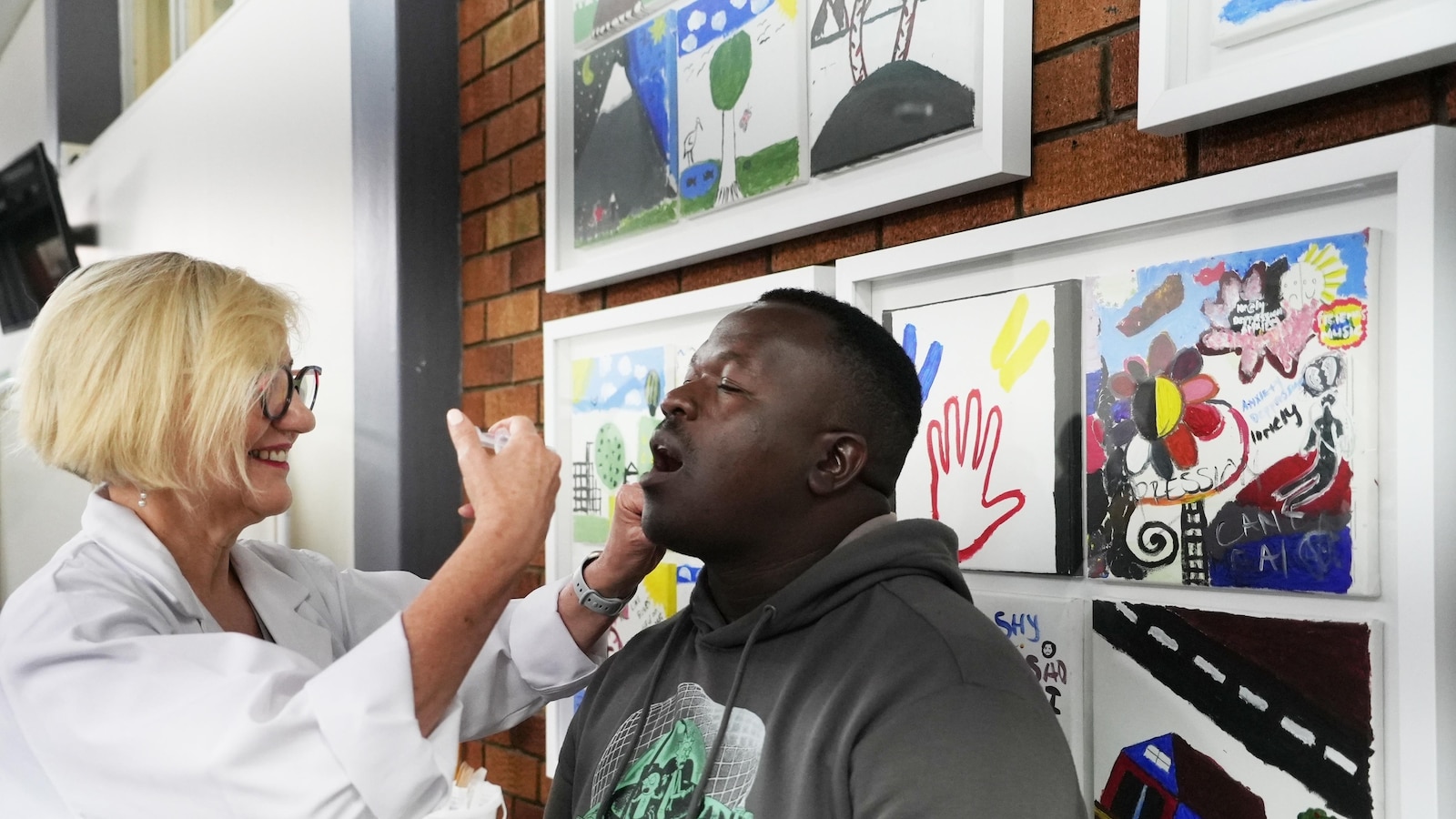South Africa Launches Clinical Trials for First Domestically Developed Oral Cholera Vaccine
JOHANNESBURG – Researchers and scientists in South Africa have launched clinical trials for the country’s first domestically developed vaccine. The oral cholera vaccine, created by Cape Town-based pharmaceutical firm Biovac, is currently undergoing trials to assess its safety in adults. Subsequent trials will compare its effectiveness to existing cholera vaccines already available on the market.
Health Minister Aaron Motsoaledi stated that, depending on trial outcomes, the vaccine could be approved and ready for use across Africa by 2028. The development marks a significant milestone for vaccine accessibility within South Africa and the broader continent.
While South Africa has experienced relatively low levels of cholera, many African countries frequently affected by outbreaks stand to benefit greatly from this advancement. Motsoaledi highlighted that the COVID-19 pandemic exposed Africa’s vulnerability due to dependence on imported vaccines, emphasizing the importance of local vaccine development.
South Africa often faces cholera outbreaks linked to cross-border movements and inadequate access to clean water in certain communities. For example, Hammanskraal, near the capital Pretoria, continues to struggle with clean water provision—a critical factor in cholera transmission. A cholera outbreak in 2023 resulted in 47 deaths and over 1,400 reported cases in South Africa; however, neighboring countries such as Malawi, Mozambique, and Zimbabwe have experienced substantially higher numbers of cases and fatalities.
“When we can research, develop and manufacture vaccines locally, we reduce our vulnerability to supply chain disruptions, geopolitical pressures, international market competition, and vaccine nationalism, which was apparent at the height of the COVID-19 pandemic,” said Motsoaledi.
The clinical trials are being conducted in Gauteng, Eastern Cape, and KwaZulu-Natal provinces—areas with previous reports of cholera cases.
“This development addresses a critical, life-saving need, given the ongoing global shortages of the vaccine amid recurring cholera outbreaks,” stated Morena Makhoana, CEO of Biovac.
Among the first participants in the trial is 44-year-old Lerato Maleka, who cited water quality concerns in South Africa as her motivation. “I haven’t had cholera, but we know that sometimes they don’t maintain water and people died in Hammanskraal from cholera by drinking water, so I wanted to be safe from that,” Maleka said. Although no outbreaks have occurred where she lives in Diepkloof, Soweto, residents often boil tap water due to contamination.
Shadrack Makutu, 37, from Limpopo province, is another participant who has firsthand experience with outbreaks in his village of Bushbuckridge. “I do know people who share water with animals, so I know a few people who have been affected by this cholera,” he shared.
According to the World Health Organization, approximately 4 million people globally are affected by cholera each year, with annual deaths ranging between 21,000 and 143,000.
For more on Africa and development, stay tuned.
